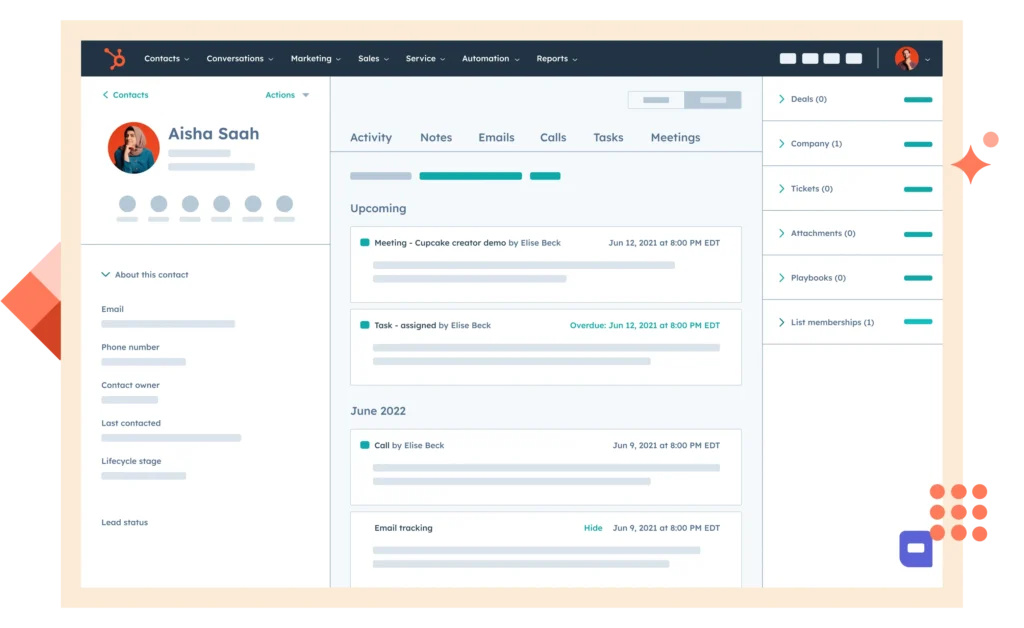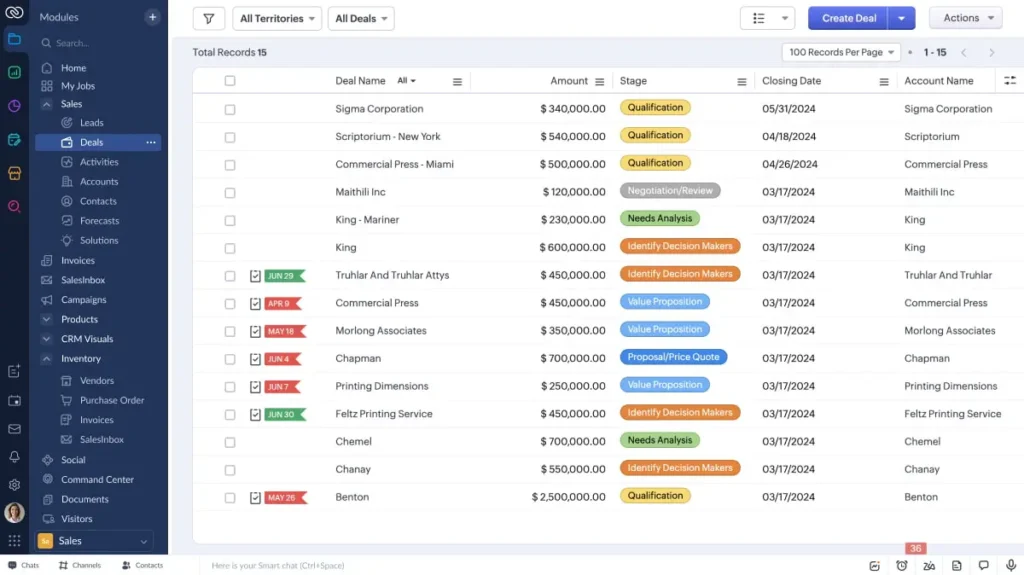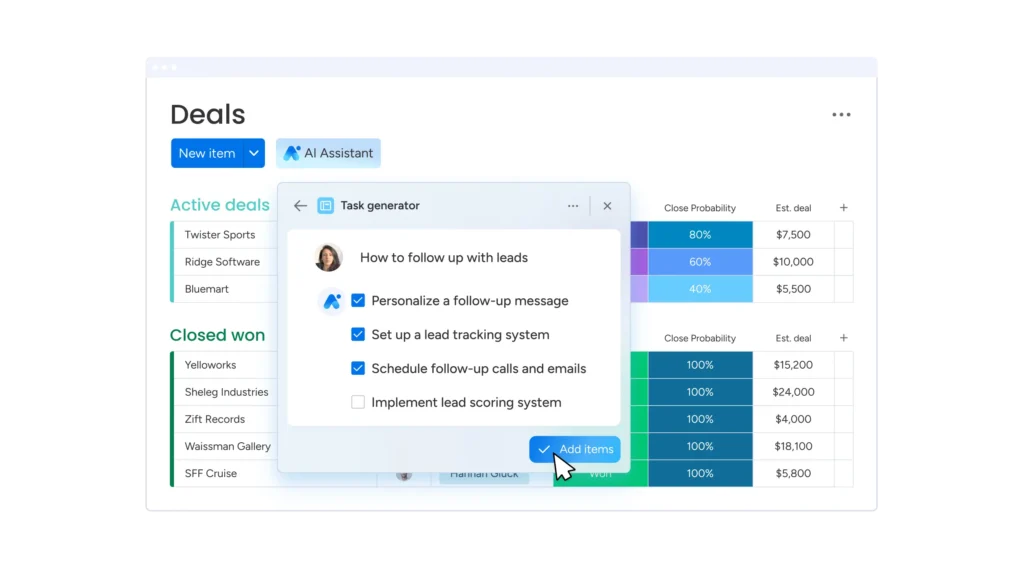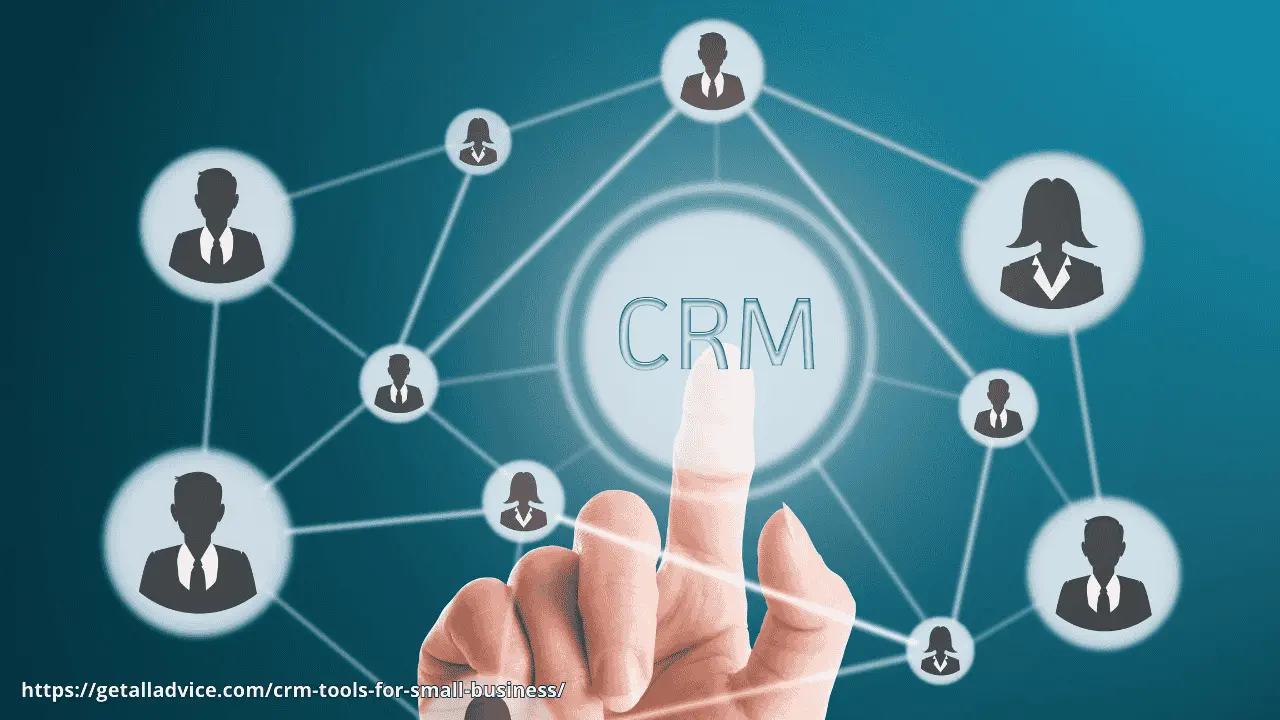CRM practitioner who’s spent a decade helping small businesses choose the right tools.
A Decade in the CRM Trenches – CRM Tools for Small Business
I still remember the first time I tried to manage customer data with nothing more than spreadsheets and a few sticky notes.
It was chaos. Ten years later and after implementing dozens of CRM systems for small companies
What is CRM?
I can confidently say this: the right CRM is a game-changer, and it doesn’t have to drain your bank account.
Whether you’re a two-person startup or a 20-person agency, there are plenty of affordable CRM tools for small business owners that deliver serious power without the enterprise level price tag.
Let me share the options I recommend to my own clients and the lessons I’ve learned the hard way.
What I Look For in a Budget-Friendly CRM
Experience has taught me to focus on 3 essentials:
- Ease of Use – If the interface isn’t intuitive, your team won’t adopt it no matter how cheap it is.
- Scalability – Start small, but pick a tool you can grow into.
- Integrations – A CRM should play nicely with email, accounting, and marketing platforms you already rely on.
These criteria shaped the list below. Every tool here balances cost with capability and has been battle-tested in real small-business environments.
Quick Comparison Table
| CRM Tool | Key Features | Free Plan | Starting Price | Best For |
| HubSpot CRM | Contact management, email tracking, marketing automation | ✔ | $18/mo | All-in-one growth for startups |
| Zoho CRM | Sales automation, AI insights, multichannel | ✔ | $14/mo | Custom workflows on a budget |
| Pipedrive | Visual pipeline, email sync, mobile app | ✖ | $12.50/mo | Sales-driven teams that need speed |
| Freshsales | Built-in phone, email, AI lead scoring | ✔ | $15/mo | Service-oriented small businesses |
| Monday Sales CRM | Flexible boards, deep automations | ✖ | $12/mo | Teams that like visual dashboards |
| Salesmate | Integrated calling, texting, automation | ✖ | $12/mo | Outbound sales specialists |
*(Pricing as of 2025 and subject to change)
1. HubSpot CRM – Free CRM for small business
I’ve deployed HubSpot dozens of times over the years. The free plan is unmatched: contact management, email templates, meeting scheduling, and even light marketing automation.

The best part? You can stay on the free tier for a long time and still get genuine value. When you outgrow it, upgrades start around $18 per user/month—still friendly for lean budgets. one of my favorite and best CRM Tools for Small Business
Pro tip from the field: Train your team to use HubSpot’s pipeline filters early. It saves hours once you have hundreds of leads.
2. Zoho CRM – Cheap CRM for small business

I recommend to small teams or business Zoho CRM Tools is the “quiet workhorse” that want flexibility without enterprise pricing. At $14 per user/month, it’s hard to beat.
Highlights from my installs:
- Zia, the AI assistant, actually provides helpful sales predictions.
- Omnichannel communication means email, chat, and even social messages feed into one place.
- The drag-and-drop dashboard is easy to tweak as your processes evolve.
Zoho does require a bit more setup than HubSpot, but once configured, it scales beautifully.
3. Pipedrive – Best CRM for sales focus
Whenever a client tells me, “I just need to close more deals—fast,” I point them to Pipedrive.

Its visual pipeline gives you a clear, color-coded view of every deal. The mobile app is slick, and the learning curve is almost zero.
At $12.50 per user/month, it’s priced for small teams who live and breathe sales. The trade-off: you won’t find deep marketing features here, but that’s the point—Pipedrive keeps it simple.
4. Freshsales – Communication Built Right In
Freshsales stands out for small service businesses that need to call, email, and score leads—all inside one dashboard.

The free plan covers up to three users, which is perfect for a small founding team. Its AI-powered lead scoring has surprised me more than once with how accurate it is.
I often tell founders: “If you’re on the phone with clients more than you’re emailing them, Freshsales is worth a serious look.”
5. Monday Sales CRM – Visual and Highly Customizable

If your team already uses Monday.com for project management, adding the Sales CRM module is a no-brainer.
Starting at $12 per user/month, it’s the most visually appealing CRM I’ve implemented. You can build custom boards that reflect your unique workflow—ideal for creative agencies and startups that dislike rigid system
6. Salesmate – Outbound Powerhouse
For small businesses who want CRM Tools with an outbound sales culture, Salesmate shines. Integrated calling and texting mean your reps can reach leads faster, and automation handles repetitive tasks.
My favorite feature? Built-in VoIP calling with call recording. At $12 per user/month, it offers the kind of functionality you’d normally pay enterprise prices for.
Choosing the Right CRM: Lessons from the Field
Over the years, I’ve helped companies avoid common pitfalls. Here’s what I always tell them:
- Define “Must-Have” vs. “Nice-to-Have”
Don’t get distracted by flashy AI tools if you really just need contact management and email tracking. - Run a Real Trial
Every CRM on this list offers at least a 14-day trial. Load real data, invite your team, and simulate your daily workflow. - Plan for Growth
Upgrading should be painless. Check how pricing scales as you add users or features. - Train Early and Often
The biggest hidden cost is lost productivity when people resist a new system.
Budget Hacks for Maximum ROI
- Start Free, Upgrade Slowly: Ride the free tiers of HubSpot or Freshsales until revenue justifies a paid plan.
- Pay Annually: Most vendors offer 10–20% discounts for annual billing.
- Watch for Lifetime Deals: Platforms like AppSumo occasionally feature one-time-fee CRM tools great for microbusinesses.
- Integrate Wisely: A CRM that integrates with your email marketing platform (think MailerLite or ConvertKit) can save you from buying separate automation software.
Frequently Asked Questions | CRM Tools for Small Business
Q: What’s the easiest CRM for beginners?
A: Pipedrive and HubSpot win for sheer simplicity.
Q: Can I get a decent CRM completely free (Best free CRM)?
A: Yes. HubSpot’s free plan and Zoho’s free tier (for up to three users) are both reliable long-term options.
Q: How quickly can I implement one of these tools?
A: Most of my clients are up and running in a day or two, especially with a clean contact import.
Final Thoughts from a Decade in CRM | CRM Tools for Small Business
After ten years of helping small businesses wrangle their customer data, my advice is simple: don’t wait until you feel “big enough” for a CRM. The sooner you start, the easier it is to scale.
Whether you choose the free-forever generosity of HubSpot, the customization of Zoho, or the sales-first clarity of Pipedrive, each of these affordable CRM tools for small business owners on a budget can help you work smarter, close more deals, and grow without burning cash.
Your customers deserve a seamless experience—and your team deserves software that makes their lives easier. Pick one, run a trial, and watch the difference.
